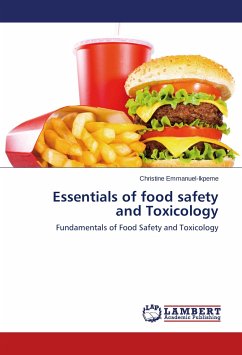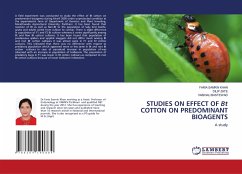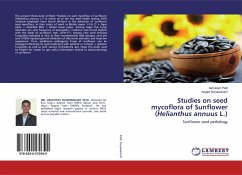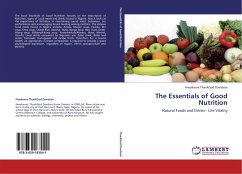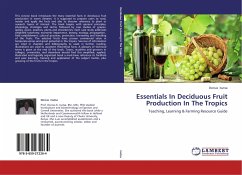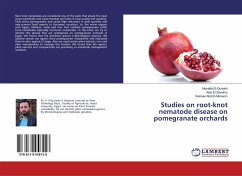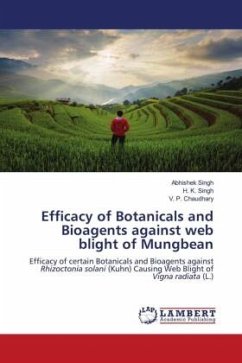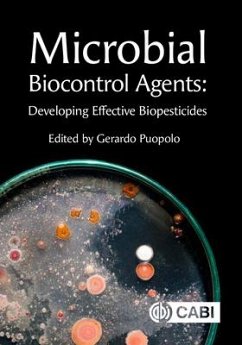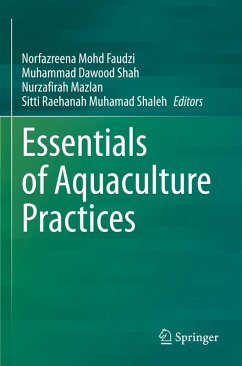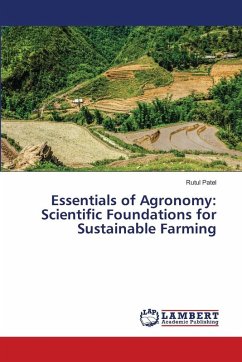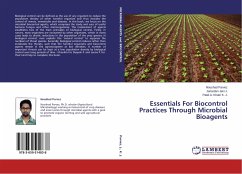
Essentials For Biocontrol Practices Through Microbial Bioagents
Versandkostenfrei!
Versandfertig in 6-10 Tagen
41,99 €
inkl. MwSt.

PAYBACK Punkte
21 °P sammeln!
Biological control can be defined as the use of any organism to reduce the population density of other harmful organism and thus includes the control of insects, nematodes and diseases. In this book, we focus on the microbial biocontrol agents, which comprises the study and uses of useful bacteria fungus and other microorganisms. The involvement of agents establishes two of the main principles of biological control. Firstly, in nature, most organisms are consumed by other organisms, which in many cases leads to drastic reductions in the population of the prey species; in biological control, ma...
Biological control can be defined as the use of any organism to reduce the population density of other harmful organism and thus includes the control of insects, nematodes and diseases. In this book, we focus on the microbial biocontrol agents, which comprises the study and uses of useful bacteria fungus and other microorganisms. The involvement of agents establishes two of the main principles of biological control. Firstly, in nature, most organisms are consumed by other organisms, which in many cases leads to drastic reductions in the population of the prey species; in biological control, man exploits this 'natural control' to suppress the numbers of threat species. Secondly, biological control reduces rather than eradicates the threats, such that the harmful organisms and biocontrol agents remain in the agroecosystem at low densities. A number of important threats can be kept at a low population density by biological control over long periods of time. I thankful to Deepak P. and Leena P. for their kind help to complete this book.



